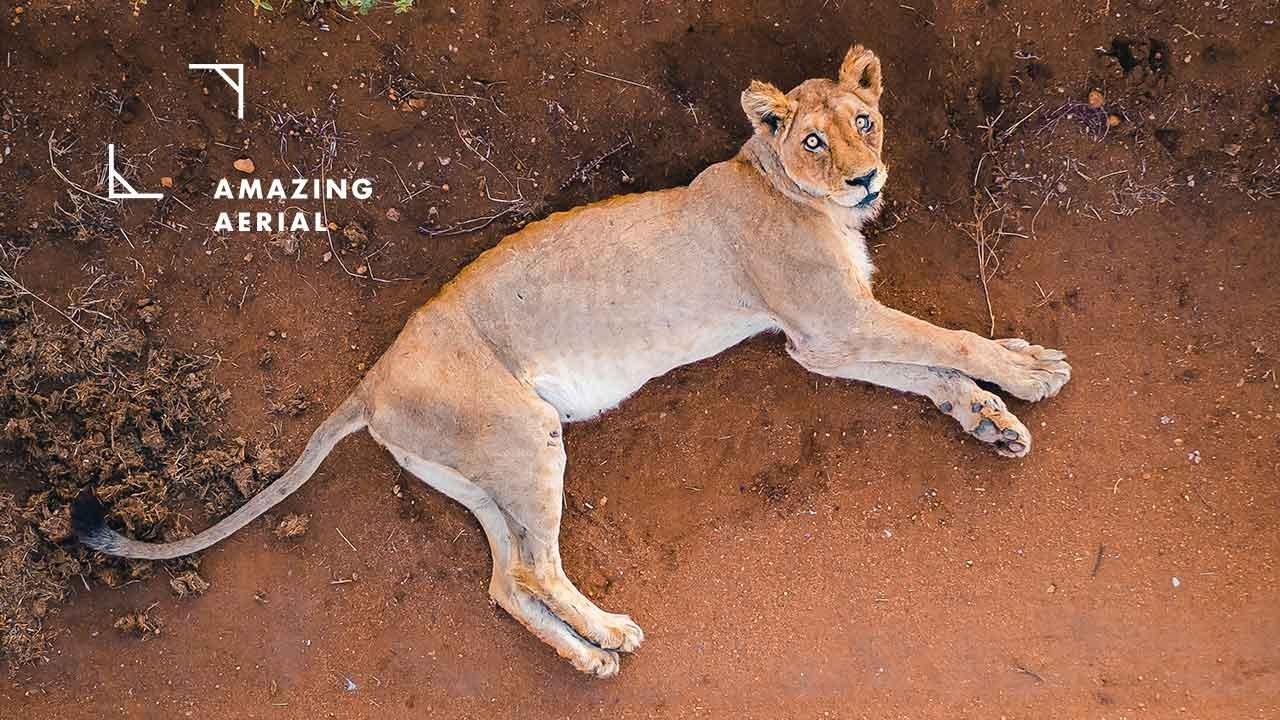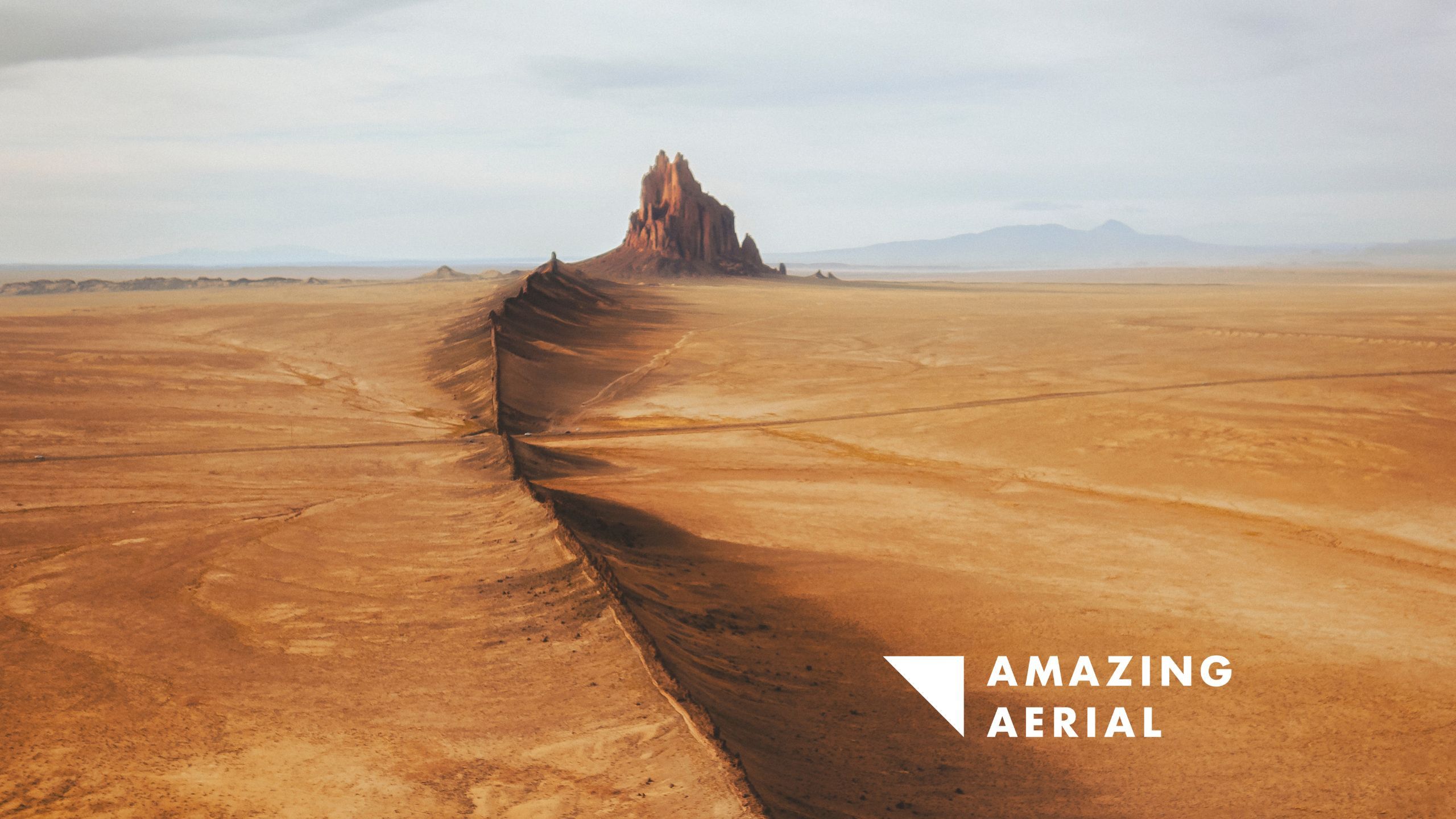Exclusive Drone Photos From Greater Kruger National Park
Anti-poaching laws ban drone photography in South African reserves, but Johan Vandenhecke, one Amazing Aerial photographer, got special authorization to take off.
Nov 05, 2023

Aerial view of a lioness resting at sunset in Balule Nature Reserve, Maruleng NU, Limpopo, South Africa. © Amazing Aerial Agency / Johan Vandenhecke
 By Rebecca Duras
By Rebecca Duras
Drone photographers visiting South Africa hoping to capture aerial footage of the Big Five are in for a disappointment. Drone photography is banned in all South African national parks, including Kruger National Park, and heavily restricted in many private game reserves. Consequences for unauthorized use are severe—an unaware tourist in 2018 earned a permanent ban from Kruger National Park.
Many natural parks worldwide restrict drone photography to protect wildlife, but the drone ban in South Africa’s wildlife areas stems from another threat to wildlife—poachers.
"Experts estimate that another rhino is poached every 22 hours".

Aerial view of a elephant standing at waterhole at Balule Nature Reserve, Maruleng NU, Limpopo, South Africa. © Amazing Aerial Agency / Johan Vandenhecke
Since drones became popular, it quickly became known [to] poachers that they could easily use them to find animals such as rhinos to poach,” Leandri Staples of Nyati Safari Lodge explains. Poaching is still a serious problem in South Africa, particularly for the valuable rhinoceros. Experts estimate that another rhino is poached every 22 hours. Poachers are adapting their methods to include modern technology such as drones, which they use to locate valuable wildlife within the vast landscape of the park and hunt them. When rangers see unauthorized flying objects within the park, they tend to shoot them down first and ask questions later.
Getting permission to film in South Africa’s national parks is nearly impossible, but making an arrangement with a private reserve is somewhat easier. Johan came to a private arrangement with Nyati Safari Lodge, a private lodge located on Balule Nature Reserve which is part of Greater Kruger National Park. The reserve let Johan use a drone on his game drives in exchange for taking photos and videos of the property for promotional materials.

Aerial view of two hippos and a calf in river at Balule Nature Reserve, Maruleng NU, Limpopo, South Africa. © Amazing Aerial Agency / Johan Vandenhecke
Even after getting permission to shoot, there were still some restrictions. “I had a private vehicle and a private ranger [...] every time we were in radio contact with the warden,” Johan said. The ranger would share the location with the warden, who would grant permission to launch the drone and share the location with other rangers.
Having a private ranger also helped Johan take photographs without disturbing the wildlife. Most of the animals weren’t phased by the drones (except for elephants, who are scared of the buzzing because it reminds them of bees). “We would start far out and take the drone up slowly and then slowly come in and see how they would react,” says Johan, citing the ranger’s knowledge of animal behavior as an important asset in seeing if drones are distressing the animals.

Aerial view of a giraffe at Balule Nature Reserve, Maruleng NU, Limpopo, South Africa. © Amazing Aerial Agency / Johan Vandenhecke
There is frustration in the droner community over blanket bans such as this one. Both Johan and Leandri hope that clearing this misconception up will improve relationships between photographers and authorities in South African nature reserves. “We do not ban drones because we do not like them,” Leandri says. In fact, many of the rangers were excited to see the footage Johan got, showing them scenes they see daily from a perspective they’ve never seen before.
“We do not do it in any way for ourselves but rather the safety of the animals,” Leandri continues. Taking a drone on a game drive requires a private ranger assigned just to the photographer, as well as a warden with enough free time to stay in constant communication with the ranger. Even for a private reserve such as Balule with a very strong anti-poaching team this is logistically difficult, let alone an area such as Kruger whose staff has to cover a vast area with often limited resources.

Buffalo grazing at Balule Nature Reserve, Maruleng NU, Limpopo, South Africa. © Amazing Aerial Agency / Johan Vandenhecke
Maybe in the future, poaching will pose less of a problem for the great rhino and its neighbors, and South African reserves will have the capacity to allow more photographers to bring their drones. For now, we have to enjoy the rare aerial footage photographers are able to capture.
Stay updated when we post new articles.
We hate SPAM. We will never sell your information, for any reason.







